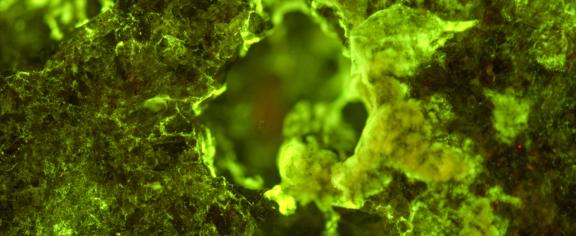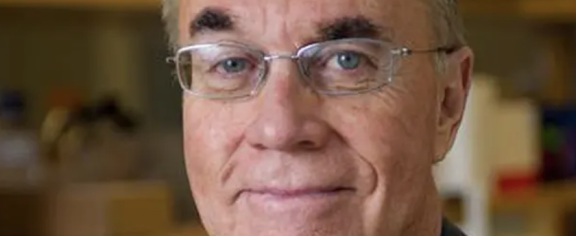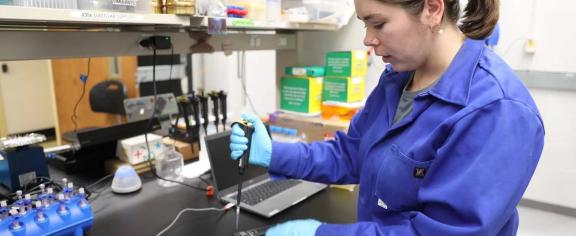2026-02-18
It is the highest degree of membership awarded by the society.
2025-10-13
“This course truly underscores Georgia Tech’s commitment to pioneering meaningful undergraduate experiences,” says teacher Vinayak (Vinny) Agarwal. “No other peer institution I know of is exposing undergraduates to bioinformatics at this level.”
2023-03-29
As we celebrate Women's History Month and look to the future of our field, meet seven of Georgia Tech's real-life superheroines of life science — and science fiction.
2025-02-25
A new study explores how complex chemical mixtures change under shifting environmental conditions, shedding light on the prebiotic processes that may have led to life on Earth.
2024-07-09
Up to 80% of infections in human bodies can be attributed to the bacteria growing in biofilms, and understanding how biofilms grow could lead to critical insights on controlling them.
2024-04-25
Board of Regents' Distinctions honor the recipients for their outstanding contributions and excellence.
2024-04-23
The team used a computational math theory to identify gene-gene interactions that may be good targets for treating basal-like cancers that are resistant to traditional hormone therapies.
2024-03-25
The grant will support innovative research on lipid-based immunotherapies, which could help develop the next generation of universal immunotherapies.
2024-03-19
Georgia Tech researchers are teaming up with NASA to study bacteria on the International Space Station to help define how scientists and healthcare professionals combat antibiotic-resistant bacteria for long-duration space missions.
2023-10-23
Students create a multilayered menstrual pad add-on that collects blood samples for gynecological disease screening.







